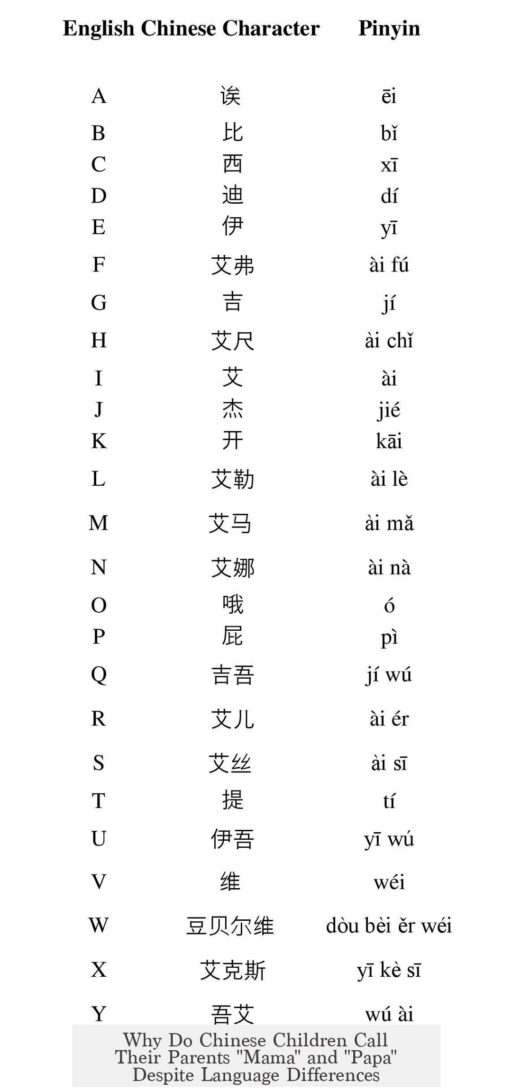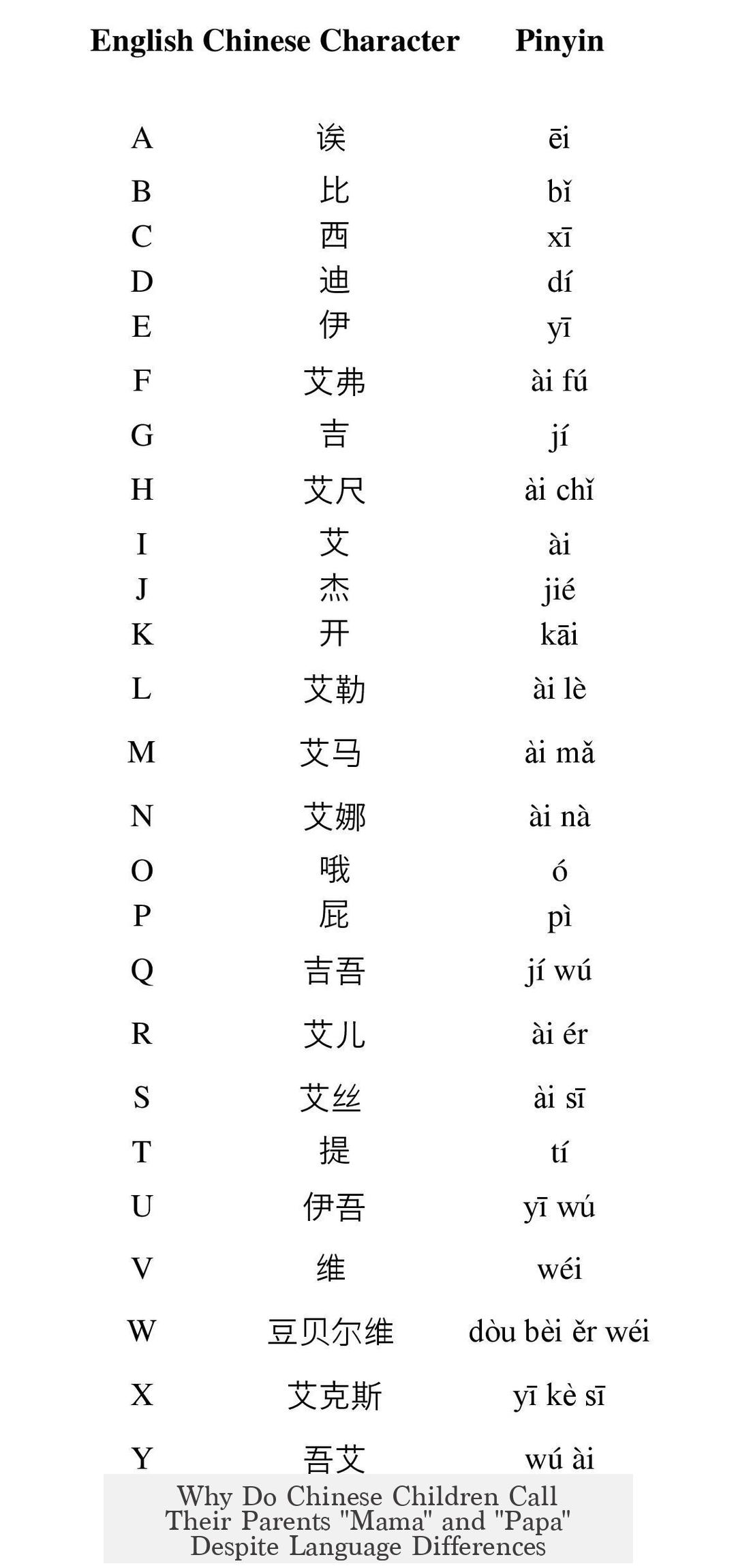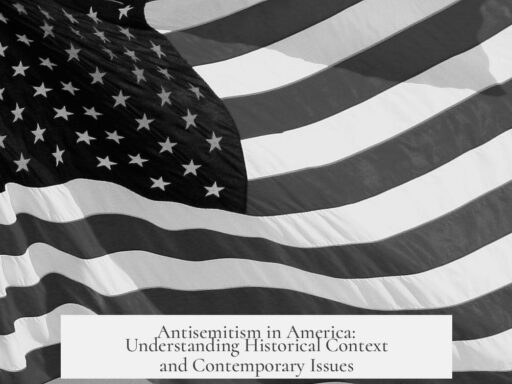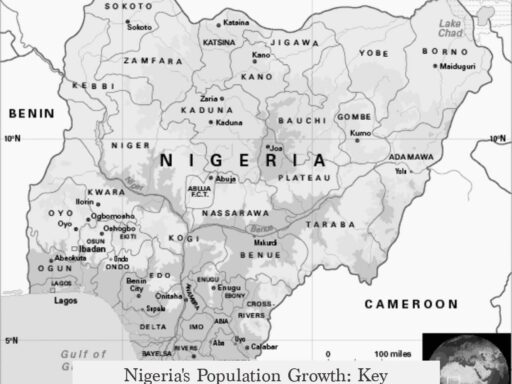The use of “mama” and “papa” among Chinese children relates to a biological basis rather than direct Western influence. These syllables, recurring as early words for parents worldwide, arise naturally from the easiest sounds infants produce during early speech development.
Babies across diverse linguistic environments initially babble simple consonant-vowel combinations. Sounds like “ma” and “pa” are among the first babies can articulate. This tendency stems from how the human vocal tract develops and functions. Caregivers commonly interpret these early sounds as meaningful labels for parents. This process occurs instinctively, supporting early language formation.
In Chinese history, older terms for parents differ from “mama” and “papa.” Ancient informal references for father and mother were 爹 (dīe) and 娘 (niáng), respectively. These were the prevalent words in daily speech before modern times. The characters “妈” (mā) and especially “爸” (bà) appeared much later and gradually entered colloquial use.
Before “妈” (mā) became a standard term for “mother,” it referred mainly to mother-like figures such as wet nurses (奶妈, nai mā) or cultural figures like the Sea Goddess 妈祖 (Māzǔ). The term “爸” (bà) is even older in usage as a sound but formalized later in writing. These evolutions likely arose from natural linguistic developments within Chinese rather than borrowing from Western languages.
Thus, Chinese children’s use of “mama” and “papa” coincides with a universal pattern seen in infant speech behavior worldwide. It emerges spontaneously, shaped by biological and cognitive factors common to humans, not primarily by Western linguistic influence.
| Aspect | Details |
|---|---|
| Origin of sounds | Biological, easiest babbling sounds for infants (“ma”, “pa”) |
| Ancient Chinese parental terms | 爹 (dīe) and 娘 (niáng) |
| Emergence of “ma” and “ba” | Later adoption, “ma” linked to mother-like figures earlier |
| Western influence | Not the main source; similar terms appear independently worldwide |
- The sounds “mama” and “papa” arise naturally from infant vocalizations.
- Traditional Chinese parental words differed before “ma” and “ba” gained popularity.
- “Ma” initially described mother-like figures, not parents directly.
- The similarity with Western languages is coincidental, not fully borrowed.
Why Do Chinese Kids Say “Mama” and “Papa” If Chinese Is Not Indo-European?
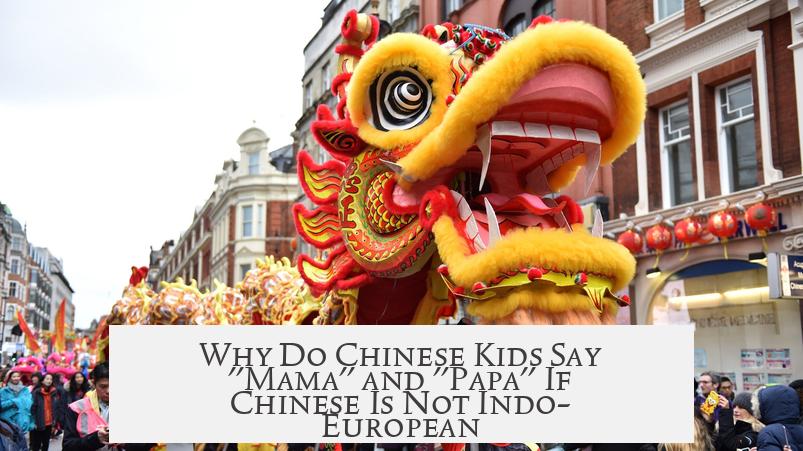
Chinese children often call their parents “mama” and “papa” not because of Western influence, but due to a universal biological basis behind these simple sounds. It’s an instinctive part of early language development found across nearly all cultures, independent of language families.
Does this surprise you? You might expect that since Chinese belongs to the Sino-Tibetan family and not the Indo-European family, its parental terms would look totally different. Yet here we are, with “mama” and “papa” sounding like an international phrasebook staple. Let’s dive deeper.
The Biological Origin of “Mama” and “Papa”
Ever notice how babies everywhere start babbling “mama,” “papa,” or similar-sounding syllables first? It’s not just coincidence or cultural borrowing. The primary reason is biological. These sounds are effortless for infants to make. “Ma” and “pa” are composed of simple consonant-vowel combinations—m and p followed by vowel sounds—which are among the first noises human babies try.
Babies begin by experimenting with their vocal cords, lips, and tongue. Sticking your lips together and popping them open emits the “pa” sound. Vibrating your lips gently produces “ma.” Because these are easier to produce than complex sounds, babies worldwide tend to babble these syllables repeatedly.
Caregivers everywhere seem hardwired to assign meaning to these babbles. When a baby says “ma,” mom hears “mom.” When the baby says “pa,” dad hears “dad.” This is more than coincidence; it’s a near-universal foundation for starting verbal communication between infant and parent.
“It is very common, almost universal, for babies to make these sounds at the babbling stage across cultures—they are the easiest sounds to utter.”
Historical Terms in Chinese for Parents: A Different Story
So, how did traditional Chinese refer to parents? Centuries ago, families primarily used terms like 爹 (dīe) for father and 娘 (niáng) for mother. These terms echo through classical Chinese literature and culture. Unlike the simple consonant-vowel babbles that babies produce, these words are more complex and specific to Chinese phonetics.
Interestingly, the familiar “ma” sound wasn’t originally the everyday word for mother. In Chinese, “ma” was often reserved for mother-like figures such as wet nurses—奶妈 (nǎi mā, literally “milk mother”). It also appears in cultural terms like 妈祖 (Māzǔ), a revered goddess of the sea, with “ma” indicating a motherly or ancestral figure.
The character “ba,” meaning “dad” or “father,” is an even more recent addition. It appears notably later in Chinese script and speech, indicating its role as a familiar-term evolved well after ancient classical terms.
Was “Mama” and “Papa” Borrowed From the West?
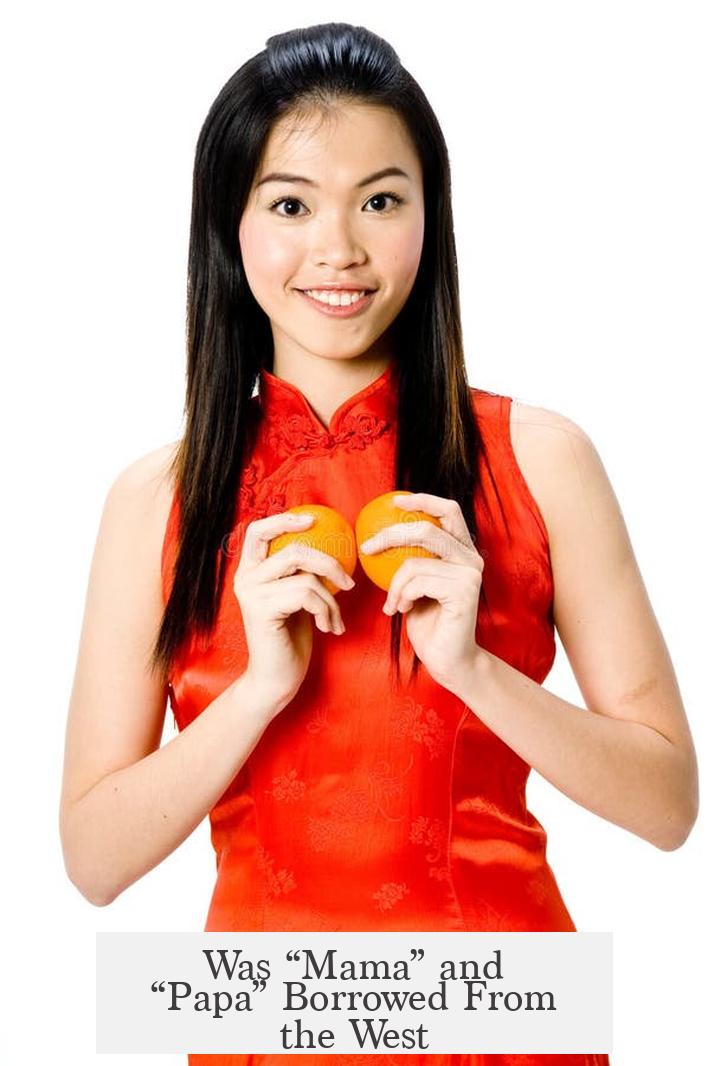
Given these facts, was the use of “mama” and “papa” in modern Chinese just a copy of Western language and culture, especially post-19th-century contact? The answer is No. While globalization and the West’s cultural influence are ever-present, these parental terms did not come primarily from Western languages.
Your toddler’s early sounds hold the clue. Since babies naturally begin with “ma” and “pa” sounds irrespective of the language they will ultimately speak, it’s completely spontaneous for children everywhere, including China, to say “mama” and “papa.” Chinese kids didn’t suddenly decide one day to mimic English or Russian parents. Instead, it’s a common linguistic phenomenon emerging naturally during early speech development.
Practical Tips for Language Learners and Parents
- For Parents: Don’t stress if your toddler’s first words are “mama” and “papa.” It’s universal—your baby’s trying to connect with you using the easiest sounds possible.
- For Language Learners: Knowing the biological basis can deepen your appreciation for the similarities among global languages. It also shows why baby words often sound alike worldwide.
- Teaching Multiple Languages: Awareness that “mama” and “papa” are near-universal can boost your confidence when introducing a second language, knowing you’re not forcing unfamiliar words immediately.
More Questions to Ponder
Why do some languages develop such distinct parental terms when babies still start with similar sounds? What social or linguistic pressures shape those early babbles into formal words? And how does this biological instinct continue influencing adult language?
Think about this next time you hear kids calling their parents—the humble “mama” and “papa” connect us across cultures and history alike.
Summary: The Big Picture
| Aspect | Insight |
|---|---|
| Biological Basis | Babies naturally produce “mama” and “papa” sounds first due to ease of articulation. |
| Traditional Chinese Terms | Ancient terms were 爹 and 娘; “ma” originally indicated mother-like figures, not necessarily “mother”. |
| Linguistic Influence | “Mama” and “papa” arise spontaneously, not imported from Western Indo-European languages. |
| Contemporary Usage | Modern Chinese embraces “mama” and “papa” shaped by baby babbling and cultural evolution. |
So, no matter where you come from, “mama” and “papa” are more than just words—they are a biological and cultural bridge uniting human families worldwide.
